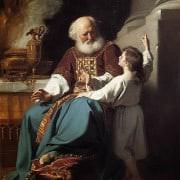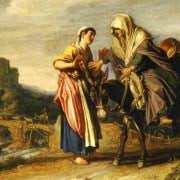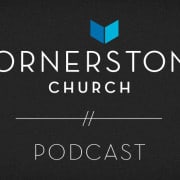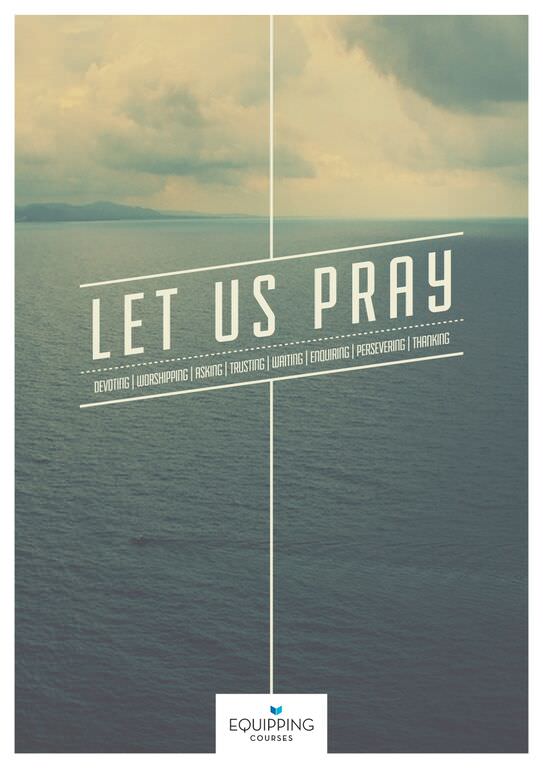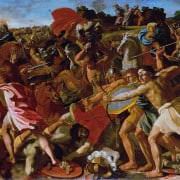The books of 1 & 2 Samuel
There is only one book called ‘Samuel’ in the Hebrew scriptures. The book was divided into two around the second century (in the first Greek translation). Samuel probably penned these books, with additions from the prophets Gad and Nathan.
The first book comprises a period of about a hundred years and nearly coincides with the life of Samuel. It contains the history of Eli (1-4); the history of Samuel (5-12); the history of Saul, and of David in exile (13-31).
The second book comprises a period of perhaps fifty years. It contains a history of the reign of David over Judah (1-4) and over all Israel (5-24), mainly in its political aspects. The last four chapters of 2 Samuel are a sort of appendix recording various events, but not in a chronological order.
These books do not contain complete histories. Their aim is to present a history of God’s people and God’s kingdom in its gradual development rather than the reigns of successive rulers. Samuel is essential reading for anyone who wishes to understand God themselves, and the world better. You could read Samuel many times and every time see something you never saw before.
You can see the rich personal messages in the lives of the characters. We will see ourselves there. The stories display the strengths and weaknesses of its characters honestly and plainly. Or you could read Samuel with history in mind. David appears as a king who mirrors the forever-king Jesus.
Jewish ideas of a Messiah come in part from Samuel. Israel comes to experience the rule and peace of God that it longed for. God’s underlying justice and mercy are golden threads in the books (as with almost every book of the Bible). Continue to place yourself in the story as you read. Smell, feel and taste the situations and emotions. Learn about the way our great God is so committed to his people.
Here are some questions that have often come up with regards to these two books:
An evil spirit from the Lord?
Judges 9:23; 2 Samuel 12:11; 1 Samuel 18:10
Obviously, if God is good then it seems very odd that he sends an ‘evil spirit’ to anyone. The question will rise: God can be evil?
To find an answer to this we have to first categorically state that God is not evil – he detests and can not and never will be tempted by evil. Whatever meaning we ascribe to these verses cannot bring us to the conclusion that God is evil, that would be very wrong.
Can God use evil though? Yes. This is what these verses are teaching. God can use evil for his own purposes. But if and when he does this the outcome is for good and justice is always upheld. God can not and does not contradict his character. The responsibility for the evil done is completely on the shoulders of the doer (spirit or person). Thus we could say that “an evil spirit from the Lord” is saying the same as, “God allowed an evil spirit to do as it pleased” or “God let evil fulfil his good purposes”. God employs this more often than is at first obvious in Scripture. The greatest example of God allowing evil is the murdering of Jesus to save the world. You could say, “God allowed an evil spirit to use Judas to orchestrate the killing of Jesus.”
The conclusion is that God can and does use evil to bring about his purposes in the world. He is good and right in all he does and the evil done is always the person or spirit’s own idea and God turns it all for good.
The medium calls up Samuel?
1 Samuel 28: 3-25 relays the account of Saul, Samuel and a medium. You may need to refresh your memory of the story before reading further. It brings with it many questions. Is this normal? Does this still happen? What does this mean about the dead?
The account doesn’t answer all of these questions directly. The difficulty with the Old Testament is that it often leaves out what we would consider to be very important info today – quite regularly! But it was written in a specific time and place.
It would seem that this was something totally out of the ordinary. The medium is shocked and scared when Samuel himself appears – not a vision or appearance but the man Samuel (28:15). Why would she be shocked if this was normal? Well, because it wasn’t! Not even she expected this! Whatever she did expect we cannot know, but the account is peppered with clues that this is not normal and God decides when such a thing happens. He seemed to have decided to do it to rebuke Saul. As far as we know it has never happened again. Therefore we can’t say this passage is teaching any principle about mediums, calling up people from the dead and the like. It was a very unique situation.

